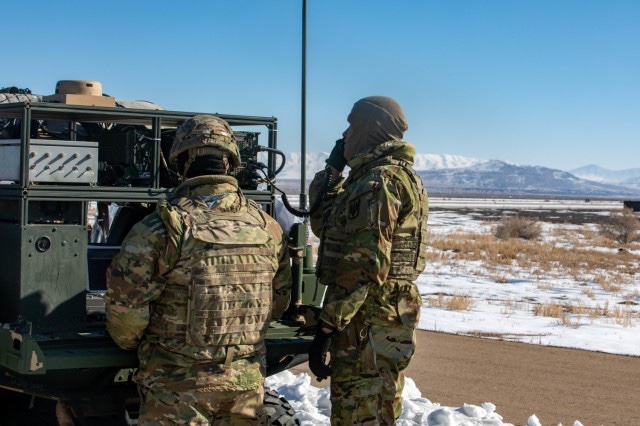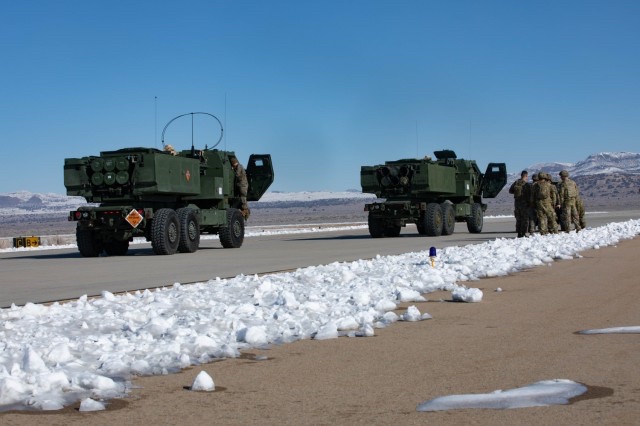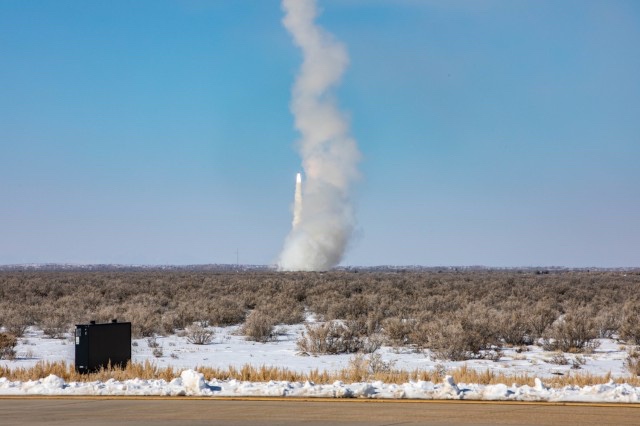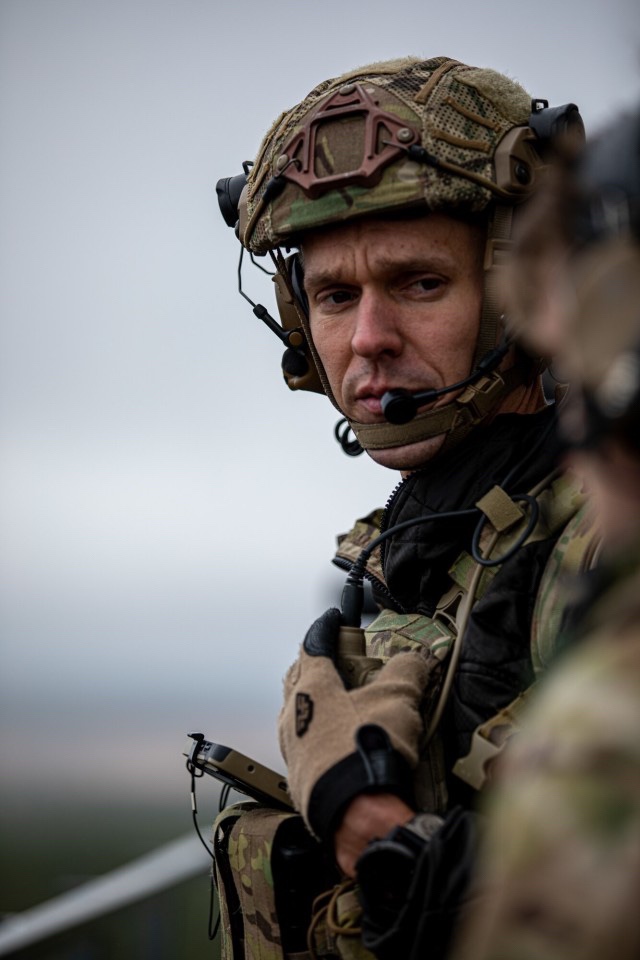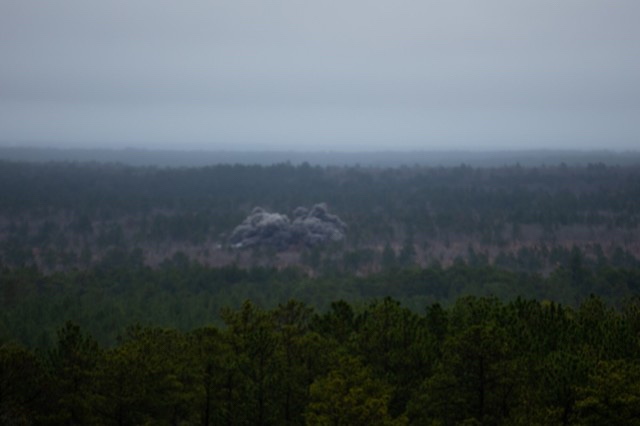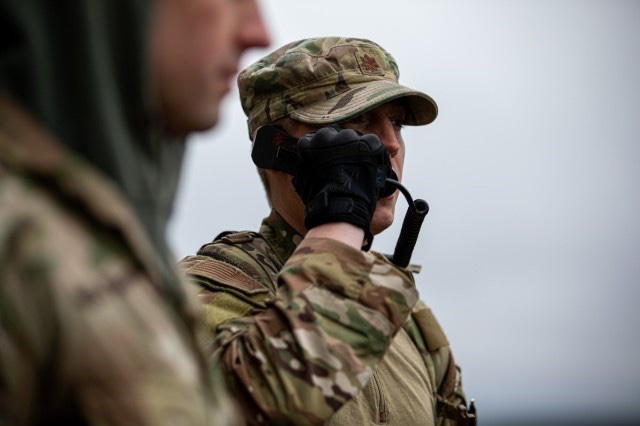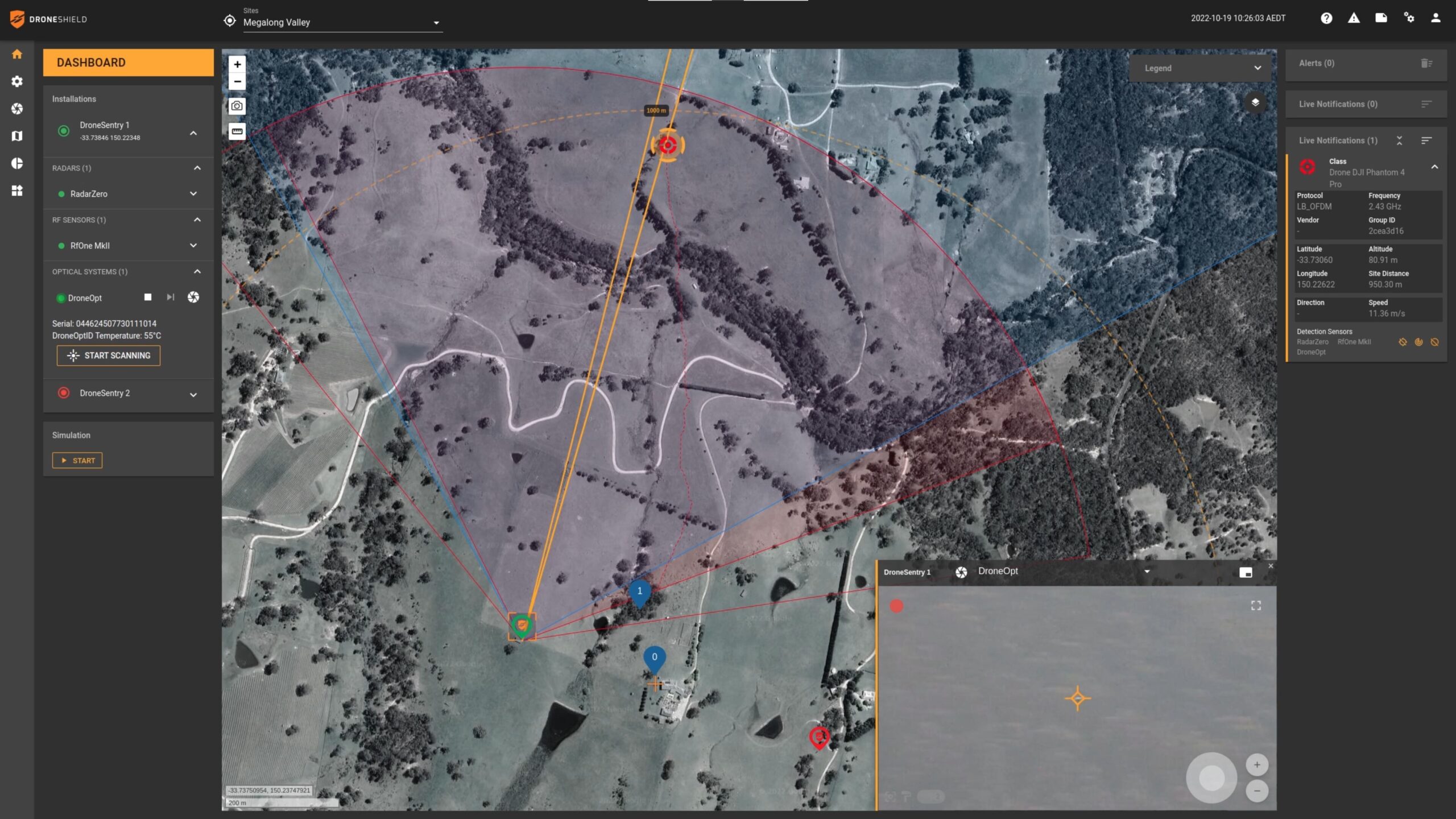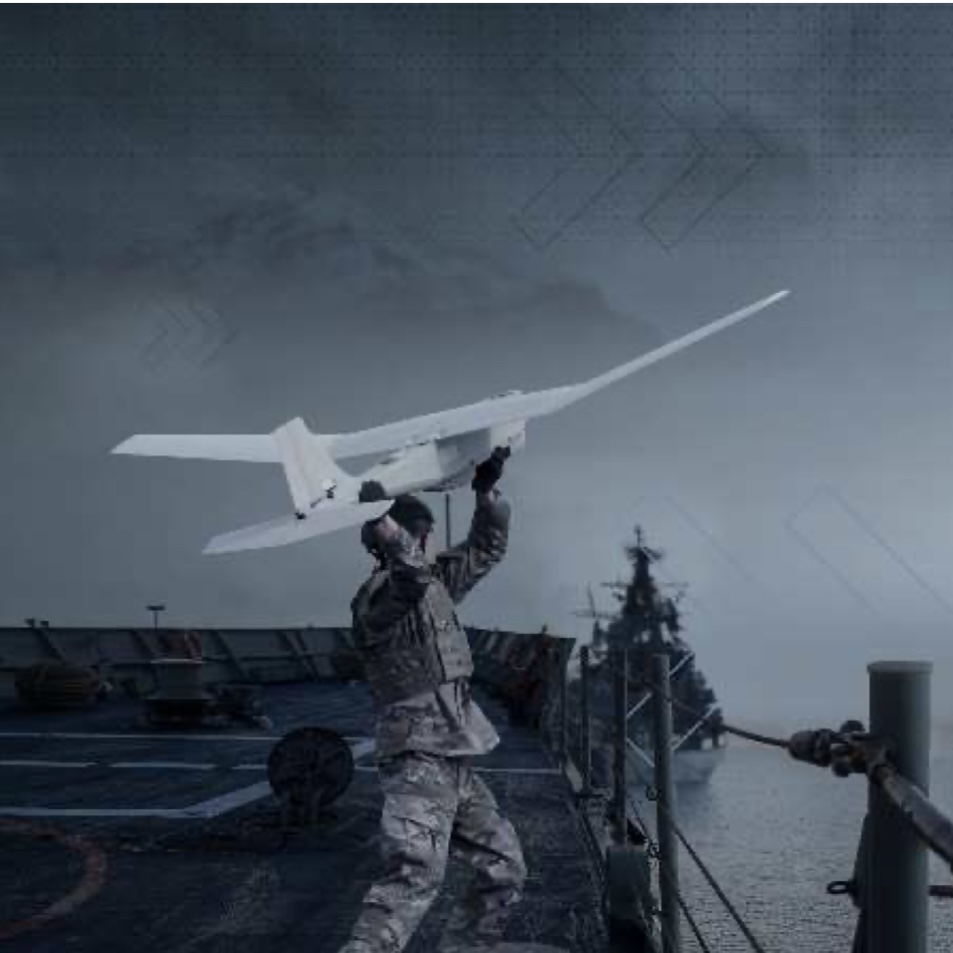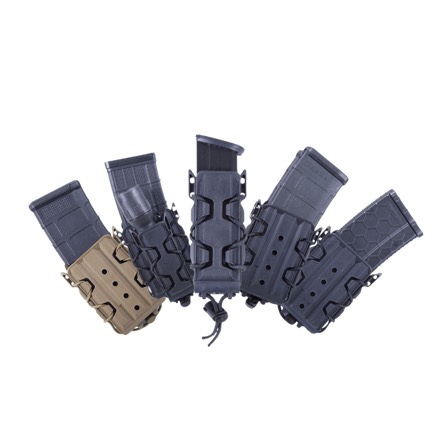A new faculty appointment at Columbus State University is deepening CSU’s expertise in military history and the study of war, the military and U.S. culture. Thanks to ongoing support from the Hallock family and the university’s existing partnerships with the United States Army Maneuver Center of Excellence, Fort Benning and the National Infantry Museum, Columbus State—and Columbus, Georgia, itself—is poised to become a destination for students and scholars interested in learning about and researching matters relating to the military.
In 2010, the Richard R. Hallock Foundation endowed the Colonel Richard R. Hallock Distinguished University Chair in Military History to equip Columbus State with the means to recruit a nationally renowned military history scholar. As a result, Dr. David Kieran joined the CSU faculty in August 2022 as the Hallock Distinguished Chair in Military History and an associate professor in the Department of History & Geography.
As a historian of war and society in contemporary U.S. culture, Kieran brings to CSU an extensive teaching and research program, as well as an international network in his areas of focus. Throughout his career, he has sought to better understand the military as an institution, its place in American culture and its role in the U.S. and around the world.
“For the 93% of us who have not served in the military, it’s really incumbent on us, as a matter of citizenship, to examine the military’s role in society and the work that we ask it to do,” Kieran noted. “We must engage thoughtfully, respectfully and rigorously with our fellow citizens in and out of uniform about the work that the military do and the lives that those who serve live.”
Specifically, Kieran’s career has centered on the organizational culture of the U.S. Army, as well as how Americans both within and outside the military have grappled with the challenging questions that emerged during and after U.S. wars in Vietnam, Afghanistan and Iraq. He credits the Columbus State-Fort Benning-National Infantry Museum partnership as key to his decision to join the CSU faculty. That partnership, he said, will continue to be instrumental in CSU’s role emphasizing the importance of studying and preserving military history.
“Civil discourse in a democratic society depends on a more sustained conversation between the military and American culture—and there is no better place to have that conversation than here in Columbus,” he explained. “As home to a world-class university, a top-10 military museum known the world over, and one of the nation’s largest and most significant military installations, we have the opportunity—and the obligation—to bring people together for the kind of conversations we want to have about the military and its role in the world.”
Interim President John M. Fuchko III, himself a colonel in the Georgia Army National Guard and combat veteran, agreed that Columbus State’s military-related partnerships advance the goals of higher education.
“The creation, application and transfer of knowledge are at the heart of what we do as a university,” Fuchko said. “When it comes to our study of matters related to the military—as well as active-duty and retired soldiers, their families and society—we learn from our mistakes and we learn from our victories. That learning ultimately benefits our society, our military, and our community.”
The Hallock Foundation’s endowed distinguished chair is part of a legacy of support that has included personal gifts to Columbus State from Hallock’s widow, Miriam Johnston Hallock. These gifts have included the donation of his personal papers and other collections to the Columbus State Archives and Special Collections.
David Owings, head of CSU’s archives and special collections, described the Hallock papers as documenting the most pivotal eras of 20th-century U.S. military history—including World War II, the Korean War and the Cold War.
“This important collection, along with others at the CSU Archives and Special Collections, offers a unique opportunity for students to study original primary source documents to support their research endeavors,” Owings explained. “Along with Dr. David Kieran’s arrival at CSU, we are seeking to further cultivate our military history collections to support the research of our students and other scholars.”
Like Kieran, Owings considers the university’s various military partnerships key in growing those collections.
“We have an amazing opportunity at CSU in partnership with Fort Benning and other local area institutions such as the National Infantry Museum to provide our students with an experience not possible anywhere else,” he explained. “In support of this program, we want to provide students the best archival resources not found anywhere else in the nation.”
Along with those resources and partnerships, the Colonel Richard R. Hallock Distinguished University Chair in Military History has equipped Columbus State to expand its influence in novel ways. The first step in that plan is the March 10-11 symposium Kieran is organizing with National Infantry Museum staff to observe the 20th anniversary of the start of the Iraq War—one of our nation’s longest, and most controversial, military campaigns.
“The upcoming ‘Iraq War: a 20-Year Retrospective’ symposium is the beginning of a much larger project to achieve our vision for military studies at Columbus State,” Kieran explained. “This two-day symposium and its frank and informed discussions will help the university strengthen and expand CSU’s military network and the opportunities for students studying these topics.”
The symposium—free to the public—will include keynotes and panel discussions featuring 25 leading scholars, veterans, active-duty military members and Iraqi civilians to study the Iraq War and all its dimensions. They will share their perspectives and answer questions about the war’s purpose and strategy, its physical and psychological costs, its successes and failures, the wartime experiences of both soldiers and civilians, and what lessons we should take from those facets of the Iraq War.
“Many of our panelists were selected because they represented particular viewpoints—and sometimes ones that contrast with those of other panelists,” Kieran explained. “That type of point and counterpoint ensures our symposium conversations are robust and diverse.”
Brigadier General Peter Jones (U.S. Army, ret.), an Iraq War veteran who now serves as president and CEO of the National Infantry Museum Foundation, noted that the museum is a natural backdrop for commemorating the Iraq War’s impact on America and the world.
“As the home to Global War on Terrorism Memorial—the only location in the world with the name of every single casualty from The Global War on Terrorism etched in granite—the National Infantry Museum provides a solemn and unique venue for this discussion,” Jones noted. “Additionally, this community paid an incredible toll in particular, as the majority of the names of those granite panels passed through the gates of Fort Benning during their career.”
For more information about “The Iraq War: a 20-Year Retrospective” symposium—including a list of speakers and sessions, and information on how to register online—visit nationalinfantrymuseum.org/theiraqwar/.
ABOUT DR. DAVID KIERAN
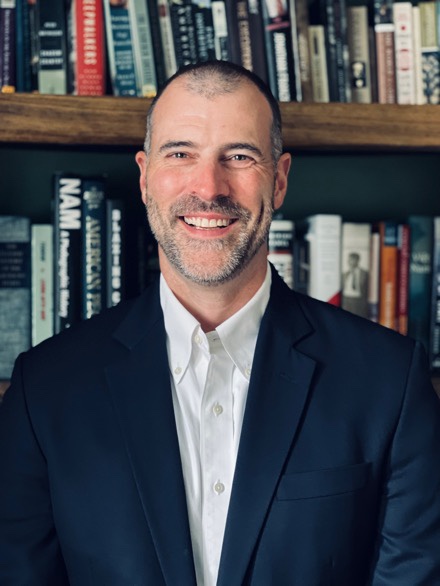
Prior to his tenure at Columbus State, Dr. David Kieran held teaching, research and leadership roles at Washington & Jefferson College (Washington, Pennsylvania), Franklin & Marshall College (Lancaster, Pennsylvania) and Skidmore College (Saratoga Springs, New York). He has held fellowships in the American Culture Studies Program at Washington University in St. Louis and in the Obert C. and Grace Tanner Humanities Center at the University of Utah.
Kieran is the author, editor or co-editor of five books on topics including psychological health, PTSD and suicide in the military; the legacy of war and how that legacy is documented, recalled and celebrated; pop culture views of war; wartime activism by American youth; and post-war organizational change within the U.S. military. He has authored op-eds for the Washington Post, Slate and other publications, and has been invited to present his work at the Pentagon and Walter Reed Army Institute of Research.
He holds a doctorate in American studies from George Washington University, as well as a bachelor’s degree in English from Connecticut College.
ABOUT COLONEL RICHARD R. HALLOCK
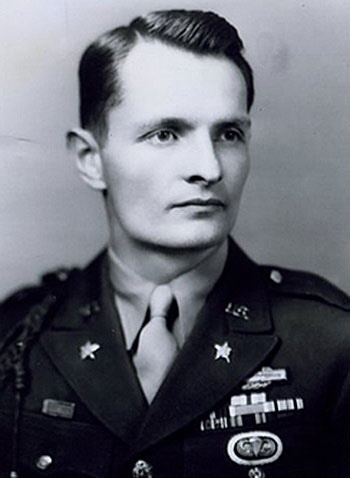
A master World War II parachutist who trained at Fort Benning, Colonel Richard R. Hallock received 27 military decorations, including a Silver Star, five Bronze Stars, and the Legion of Merit. In his long, subsequent career at the Pentagon, he was renowned for pursuing the interests of American soldiers—sometimes in the teeth of vigorous bureaucratic opposition. He led a 10-year, behind-the-scenes battle for the U.S. Army to adopt as its standard rifle the M-16, which he knew from extensive experiences and field testing to be the best weapon for American infantrymen.
Upon leaving active service in 1967 after a 25-year military career, Hallock became an advisor to Defense Secretary James Schlesinger and consulted on political-military affairs—particularly in the Middle East. He and his wife, Myrian Johnston Hallock, retired to Oberlin, Ohio, where in consultation with his alma mater, Oberlin College, he developed the idea for a class and lecture series to address the changing nature of national security.
After retirement, Hallock found entrepreneurial success with his Intrec and Quaestor corporations, which specialized in management consulting and real estate investments. Mrs. Hallock now resides in Columbus, and they established the foundation bearing his name before his death in 1999. He is buried in the post cemetery at Fort Benning.




